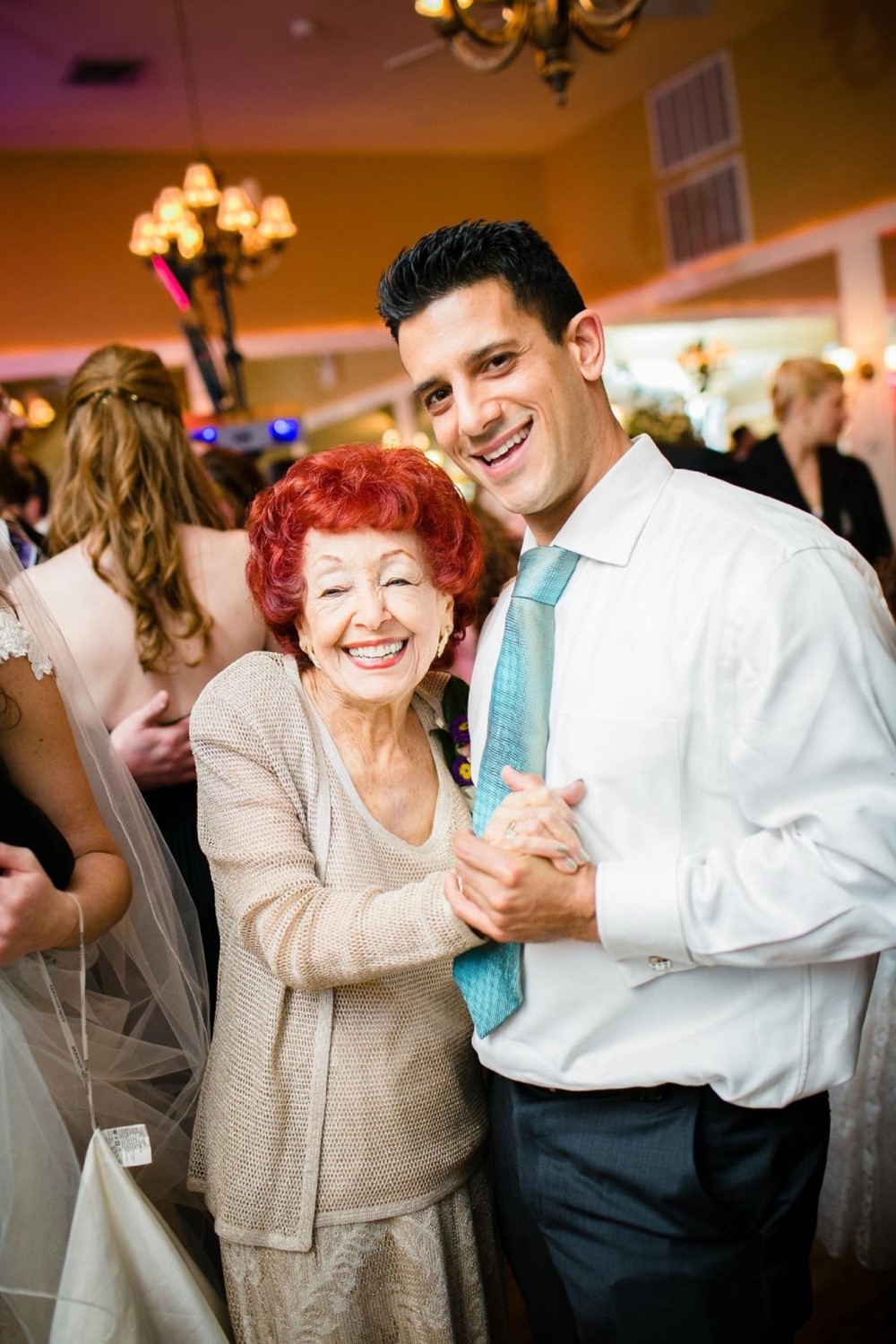
When it comes to the typical American caregiver, most may envision a sweet, motherly, nurturing woman. They’d be surprised, then, to learn that 40 percent of America’s family caregivers are actually men. There are 16 million male caregivers in America, making up 2 of every 5 caregivers, according to a new groundbreaking study by AARP.
Historically, women have been expected to serve as primary providers of “caretaking” work, whether it’s parenting or caring for an aging family member or paid work in positions typically associated with women such as child-care providers, nurses, or health aide. Alternatively, men are often expected to be the primary breadwinners and play less of a role in the emotional or physical caretaking of a family. And men in caregiving professions that are most often fulfilled by women (e.g., nursing, childcare) are often seen as the exception. While the role of women as caregivers may have been true for much of history, gender roles and intergenerational dynamics are shifting and as Ai-jen Poo, director of Caring Across Generations, notes ‘continuing to associate caregiving with one gender does more harm than good.’
The problem lies not only in the fact that males are often overlooked as caregivers within families, but that they seek support more rarely than their female counterparts. Many men prefer to solve problems on their own rather than ask for help, but it is important for male caregivers to get comfortable with seeking assistance. There are many social, health and human services available in the community that can be beneficial for both caregivers and care recipients alike. This could be in part due to cultural stereotypes of a man’s need to exude strength and independence, but it could also be because many male caregivers don’t even see themselves as caregivers at all — rather as sons, spouses and friends simply helping a loved one in need.
Statistics:
- 9% of men felt they had no choice in taking on their role as caregivers. This number rose to 60% when it came to caring for a partner or spouse.
- 62% found it necessary to assist with personal care and secondary tasks, and 54% found it difficult to help with more intimate responsibilities
- 56% of caregivers assisted with medical and nursing duties (75% for those caring for a spouse). 47% helped give medication or injections, but 72% reported having no prior training.
- 63% of male caregivers report being the primary caregiver. Of this percentage, some had additional help, but 78% received no outside support.
- The average age of male caregivers is 26.9, although the average age of adult children caring for an aging parent is 46.4. Men who care for a spouse are an average of 62.5 years old.
- 66% of men work 40 hours a week. 62% of this group had to make special arrangements for work. 48% were tardy, left early, or took time off to handle caregiving duties. 15% had to take a leave of absence or work part-time.
- 37% refrained from telling their employer about their caregiving responsibilities. For millennials, that rose to 45%.
- 52% of male caregivers anticipate caring for someone in the next five years.
- 62% state their responsibilities to be stressful, 46% report physical strain, ad 44% experience financial stress.

“For male caregivers, part of the problem is that men just don’t even use the word caregiver about themselves,” said Michael Birt, Atlas of Caregiving advisory board member. “Society has trouble dealing with male caregivers because they’re so contrary to what caregiving is ‘supposed’ to look like.”
It comes as no surprise, then, that most male caregivers receive little to no training for their daily undertakings. Thus, they feel very unprepared for caregiving’s more challenging tasks such as nursing and administering medicine, or its more intimate tasks, such as feeding, bathing or clothing.
Further, male caregivers typically don’t reach out to seek the emotional and physical support often needed to care for another person, making them more vulnerable than women to psychical, mental and emotional health issues.
“Men don’t like to feel that they need something from someone else, and so it becomes very isolating,” said Birt. “I think men are even more vulnerable to deterioration of their own health while being caregivers.”
Another factor that makes male caregivers uniquely vulnerable, Birt says, is that they’re often socially dependent on their wives, especially within the context of family. “The mothers often become the center of an extended family, where if you want to know anything about the whole family, there’s one person you call. So, when that person goes down, especially for the men who depend on it, you lose everything — all the connections, the social life, and the things that made it all work and feel fun.”
Tips for Preventing Caregiver Burnout
Caregiver burnout can happen to anyone regardless of their gender. Just because men are less likely to express feelings of overwhelm or stress doesn’t mean they don’t need support.
- Join a support group. There are many options available for in-person or online support groups. Not only can caregivers share their experiences, but they can get valuable insight from others in similar situations.
- Practice self-care. Taking care of yourself might be the last thing on your to-do list, but when you practice self-care, you are better able to take care of others. Eat a balanced diet, exercise routinely, and try to get quality sleep regularly.
- Don’t be afraid to ask for help. Whether you need to ask other relatives to pick up duties or talk to your doctor about your health, just do it. Male caregivers often have a difficult time reaching out when they need it the most. But having other people ready to assist can benefit everyone involved in caring.
- Consider respite care. Taking a break from caregiving might be tough, but there are options available that may help.
Top Photo: Oren Atias
Second Photo: DLKR


